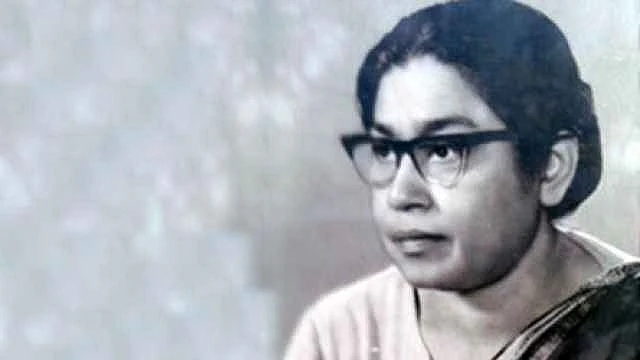Remembering Sucheta Kripalani: India’s First Woman Chief Minister
Remembering Sucheta Kripalani on her 119th birth anniversary. How is India’s first woman CM connected to Mayawati?

advertisement
(This article was originally published on 14 June 2018, and has been republished to mark the birth anniversary of Sucheta Kriplani.)
India got its first woman Prime Minister in 1966 when Indira Gandhi was elected to power. While much has been documented about Indira Gandhi, not many know that three years before, India got its first ever woman chief minister.
Sucheta Kripalani became the chief minister of Uttar Pradesh in 1963. On the occasion of her 119th birthday, on 25 June 2017, we take a closer look at the life and times of Sucheta Kripalani. Who was she? What was her contribution to the freedom struggle? What was her political life like post-Independence?
Freedom Fighter
Born in 1908 in present-day Haryana’s Ambala, Kripalani completed her education from Delhi’s Indraprastha College, before moving on to teach Constitutional History at Banaras Hindu University.
As far her contribution to India’s struggle for Independence is concerned, she is especially remembered for her role in the Quit India Movement of 1942. Her name figures alongside other prominent women leaders of the time including Aruna Asaf Ali, Matangini Hazra, Usha Mehta and Nandini Devi, among others, for fearlessly confronting the British colonial government.
Kripalani also established the women’s wing of the Congress party in 1940.
Member of the Constituent Assembly
Her role in shaping the contours of an independent India is notable, for she was a member of the Constituent Assembly tasked with formulating the seminal document that would be governing the newly-independent country.
What more, she was one among just 15 women in the Assembly, which had a total strength of 299 members. The other women members included the likes of Sarojini Naidu, Vijayalakshmi Pandit, Purnima Banerji, Ammu Saminathan, among others.
Post-independence, Kripalani’s political stint included serving as an MP from New Delhi and then also as the Minister of Labour, Community Development and Industry in Uttar Pradesh’s state government.
She took over as the chief minister of UP from Chandra Bhanu Gupta and occupied the top post till 1967.
One Half Of A Couple With Different Political Loyalties
Sucheta was married to prominent freedom fighter and politician, Acharya JB Kripalani.
Interestingly, while Acharya became a prominent opponent of Congress and even established a party called Kisan Mazdoor Praja Party (KMPP), Sucheta (apart from a short stint with KMPP) continued to be loyal to the Congress.
As a report in Livemint points out:
Since her tenure, the country has seen 15 women chief minister in different states, including political heavyweights such as Jayalalithaa (Tamil Nadu), Sheila Dikshit (Delhi), Vasundhara Raje (Rajasthan) and Rabri Devi (Bihar).
(Sources: Indian Express, Livemint, Rajya Sabha)
(Photo Courtesy for Video: Wikimedia Commons, PTI, The Nehru Memorial Museum and Library, Ministry of Information and Broadcasting, Facebook, Kritikasni)